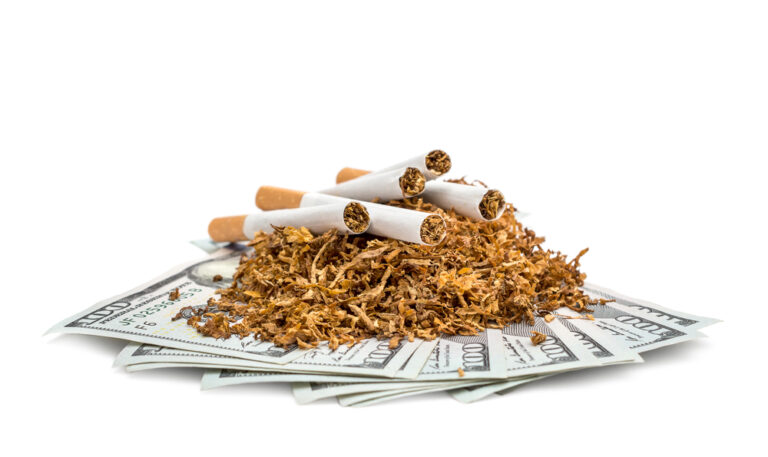Public goods differ from private goods in that they are not rivals in their consumption and cannot be excluded. If I watch a fireworks show, that doesn’t reduce the amount of “fireworks show” my neighbor can enjoy. If I have to have a fireworks show, I can’t stop non-payers from seeing my bombs explode in the air.
Since public goods are neither rivalrous nor exclusive, we will not get enough of them if we rely exclusively on the free market. Subsidies and government benefits are the classic fixes. Of course, entrepreneurs and innovators have come up with all sorts of ingenious methods to provide public goods privately, such as advertising-sponsored radio and television broadcasts. that of Edward Stringham Private governance compiles examples of free people finding ways to do things that textbooks say are done inefficiently without government subsidies or provisions.
There is, however, another way to move this discussion forward. We must take the opportunity to subsidize public services bad very seriously. Much of the heavy-handed responses to the Covid pandemic originated in seminar rooms and government-funded laboratories, on the assumption that a great mind might understand what we should all do. The National Endowment for the Humanities sponsored Nancy MacLean’s conspiracy speech Democracy in chains (I discussed this for EconLog here And here).
I recently found another amusing example in some historical documents. In 1904 Directory of the United States Department of Agriculture, we can read an article by Archibald D. Shamel describing “Tobacco Improvement by Breeding and Breeding.” On the list of things the government should subsidize, breeding better versions of a crop that has wreaked cancerous havoc around the world comes pretty low on the list.
“But that was 120 years ago.” It’s true, and it’s easy to look back and laugh, but we haven’t learned our lesson. Governments around the world subsidize tobacco; While that may be the price of getting subsidies for good things, it should at least dampen our enthusiasm for subsidies and government provision of so-called public goods.
Good ideas have a well-known free rider problem. Instead of doing the hard work of research and development, many people join Homer Simpson in asking, “Can’t someone else do it?” Sponsored research poses a less frequently discussed problem of forced conduct. Reports like these are not catalogs from which users can choose where and how to contribute. These are reports on what the government is doing with the money it “contributed” at gunpoint. The space program is cool and all, and it’s very personal to me: one of my grandfathers worked for NASA. It’s still not clear that this is the best use of the resources that have been devoted to it.
I think this whole issue illustrates an important difference between right-wing economists, who are skeptical of government intervention, even in typical situations, and economists who are more enthusiastic about it. Skeptics believe governments are more likely to subsidize products like tobacco. Optimists believe that governments are more likely to subsidize in ways that address plausible market failures.
Art Carden is a Trust Fellow professor of economics and medical properties at Samford University, and he is, by his own admission, also known as Koched: he has an award named for Charles G. Koch in his office, he does a lot of work for and is affiliated with an array of Koch-related organizations, and he has applied for and received money from the Charles Koch Foundation to host events on campus.


